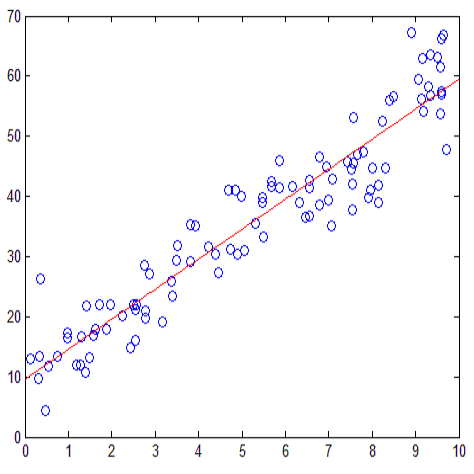Adversarial robustness is an increasingly critical property of classifiers in applications. The design of robust algorithms relies on surrogate losses since the optimization of the adversarial loss with most hypothesis sets is NP-hard. But which surrogate losses should be used and when do they benefit from theoretical guarantees? We present an extensive study of this question, including a detailed analysis of the H-calibration and H-consistency of adversarial surrogate losses. We show that, under some general assumptions, convex loss functions, or the supremum-based convex losses often used in applications, are not H-calibrated for important hypothesis sets such as generalized linear models or one-layer neural networks. We then give a characterization of H-calibration and prove that some surrogate losses are indeed H-calibrated for the adversarial loss, with these hypothesis sets. Next, we show that H-calibration is not sufficient to guarantee consistency and prove that, in the absence of any distributional assumption, no continuous surrogate loss is consistent in the adversarial setting. This, in particular, proves that a claim presented in a COLT 2020 publication is inaccurate. (Calibration results there are correct modulo subtle definition differences, but the consistency claim does not hold.) Next, we identify natural conditions under which some surrogate losses that we describe in detail are H-consistent for hypothesis sets such as generalized linear models and one-layer neural networks. We also report a series of empirical results with simulated data, which show that many H-calibrated surrogate losses are indeed not H-consistent, and validate our theoretical assumptions.
翻译:Aversarial 稳健性是应用中分类者越来越关键的特性。 稳健的算法的设计依赖于代理损失, 因为大多数假设组对对抗性损失进行优化后, 多数假设组对对抗性损失进行优化后, 其代谢性损失是NP- 硬的。 但是, 哪种代谢性损失应该使用, 当它们受益于理论保障时, 我们对此问题进行了广泛的研究, 包括对对抗性替代损失的H校正性和一致性进行详细分析。 我们表明, 在一些一般假设下, 顺流损失函数, 或应用中经常使用的以超值为基础的 convex 损失, 以代理性损失为基础, 而不是对诸如通用线性模型或一层线性神经网络等重要假设组的代谢性损失。 我们随后给出了H校正性损失的定性, 并用这些假设组别来详细分析。 我们显示, H- 校正性损失不足以保证一致性, 并且证明, 在许多分配性假设中, 连续的代言节性损失在比较性模型设定中并不准确性数据。





